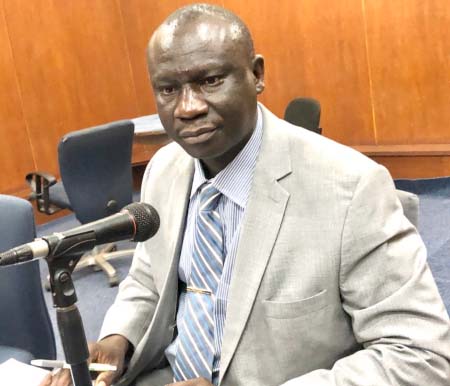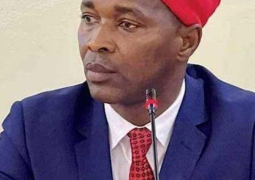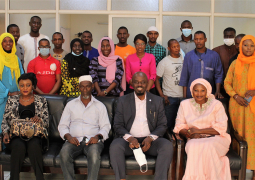
He added that as the world gets more fragmented due to conflicts that are not our making, “our efforts to confront and address climate change are diminishing. Global concerted efforts are needed to tackle climate change.”
According to him, if the world fails to step up now, millions of people in our part of the world would be pushed into extreme poverty, noting that Africa is contributing the least to global warming, “but we are the most-exposed and disproportionately affected by the dreadful impact of climate-change.”
"Since the food crisis of 2006 that affected some countries in Africa, we have continued to witness major external shocks, including the financial and economic crisis of 2008/9, the commodities crisis of 2014, the COVID-19 pandemic and now the Russia-Ukraine war," he said.
However, he continued that while the crisis cited above have devastating consequences on our economies, they provide lessons and opportunities to consolidate African Solidarity, adhere to multilateralism and shift global markets towards Africa.
"Being proactive is essential. We have everything in our arsenal to build economies that are robust and resilient, improve food self-sufficiency and disaster preparedness and reduce dependence on other parts of the world for survival."
Moreover, he posited that digital innovations are transforming the financial and economic landscape in Africa with the emergence of digital wallets, mobile transfers, blockchain technologies and payment systems inter connectivities.
This, he added, has the potential of scaling up Africa’s economic development through financial inclusion, economies of scale, lower cost of transactions and also open opportunities for digital currencies to be considered by central banks.
Read Other Articles In Headlines

Defence promises to tender CCTV footage in 56-year-old man’s rape case
Feb 10, 2026, 10:57 AM




